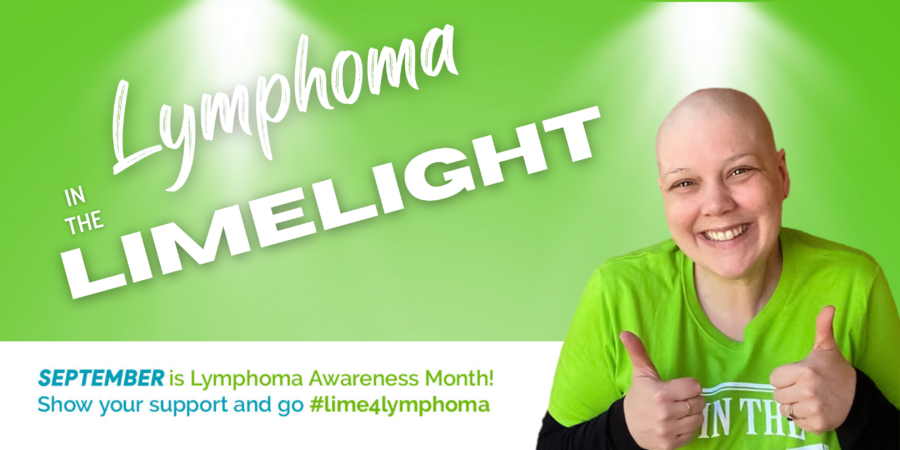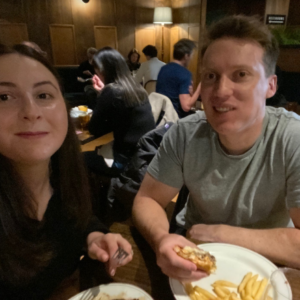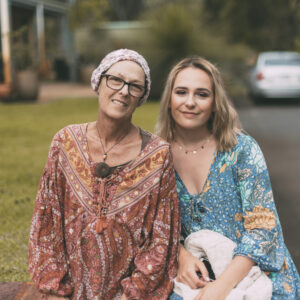
Put Lymphoma in the Limelight this September to help ensure no one faces lymphoma alone.
There are many ways to get involved – register a fundraiser, join an event, buy merchandise, donate, or simply show your support by going #lime4lymphoma!
Get Involved This September
Why Do We Lime It Up In September?
Each year, Lymphoma Awareness month is held in September, so we grasp the opportunity to raise awareness about the signs and symptoms of lymphoma, as well as tell the stories of those touched by lymphoma.
Lymphoma Australia is the only Australian not-for-profit organisation dedicated to supporting lymphoma patients, their families and carers. Our aim is to ensure that no one faces lymphoma alone by providing free support, resources and education to patients, carers and health professionals.
With your support this September we can continue to improve our services and extend our reach to those that need us most.
Support groups available for patients
A new diagnosis every two hours
Free support phone line
Number one cancer in young people (16-29)
20 adults and children diagnosed every day
Patient webinars and events
Another life lost every 6 hours
Experienced nurses here to help
Support at your fingertips
80+ subtypes of lymphoma
Free downloadable resources
7,400 Australians diagnosed each year
Lymphoma is a type of cancer that affects blood cells called lymphocytes. Lymphocytes are a type of white blood cell that support the immune system by fighting infection and disease. Symptoms of lymphoma are often vague and can be similar to symptoms of other illnesses or even side-effects from medications. This makes diagnosing lymphoma difficult, but with lymphoma, symptoms usually continue past two weeks and get worse.
Swollen lymph nodes (neck, armpit, groin)
Persistent fever
Drenching sweats, especially at night
Reduced appetite
Unexplained weight loss
Generalised itch
Tiredness
Short of breath
A cough that won’t go away
Pain when consuming alcohol
Patient Stories
Those touched by lymphoma share their stories to help give hope to and inspire others on a similar journey. By putting lymphoma in the limelight, we are ensuring that patients can continue to be connected and supported.
Sarah - Diagnosed on her 30th Birthday
This is a picture of my Husband Ben and I. We were celebrating my 30th birthday and our one-month wedding anniversary. Three hours before this photo was taken, we also found out that I had two large masses growing in my chest…
Henry - Stage 3 Hodgkin Lymphoma at 16
Even to this day it’s still hard to believe that I was diagnosed with cancer at 16. I remember it taking a few days for the seriousness of the situation to kick in and I vividly remember the day it actually kicked in, like it was only yesterday…
Gemma - mum Jo's Lymphoma journey
Our lives changed when my mum got diagnosed with non-Hodgkin lymphoma. She was started on chemotherapy almost within the week due the severity of the cancer. Being only just 15, I was confused. How could this happen to MY mum?


